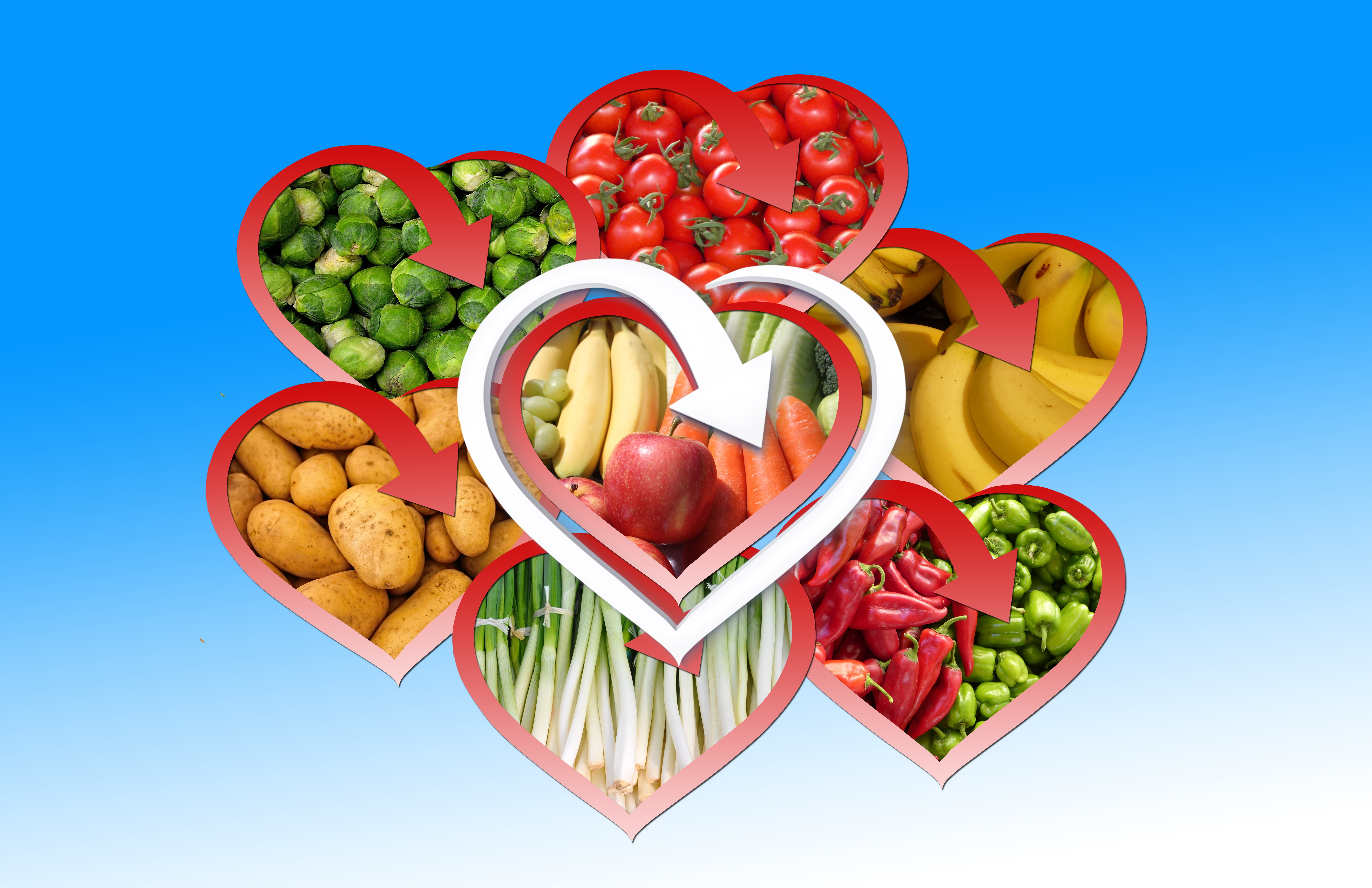Cholesterol is a soft, waxy, fat-like substance produced naturally by our liver (endogenous cholesterol) as well as consumed in our diet (exogenous cholesterol). Cholesterol is an integral component of all the cells in our body and in fact essential for the life of the animal kingdom.
Abnormal cholesterol levels in the blood, known as dyslipidemia, is a problem as it raises the risk of diseases like heart attack and stroke. When there is too much cholesterol circulating in the blood, it can create sticky deposits (called plaques) along the artery walls. Plaque can eventually narrow or block the flow of blood to the brain, heart, and other organs. Blood cells that get caught on the plaque form clots, which can break loose and completely block blood flow through an artery, causing heart attack or stroke.
Types of cholesterol
As cholesterol particles cannot travel in blood by themselves, they get transported by means of cholesterol-protein carriers called lipoproteins. The two main types are:
- Low Density Lipoprotein (LDL) – is also known as ‘bad’ cholesterol because it moves cholesterol from the blood to the cells. In other words, LDL can add to the build-up of plaque in arteries and increase the risk of getting coronary heart disease
- High Density Lipoprotein (HDL) – also known as ‘good’ cholesterol because it helps protect against coronary heart disease by transporting cholesterol from the blood to the liver (from where the excess cholesterol is disposed off)
Thus it is vital to have sufficient HDL cholesterol and on the other hand low LDL cholesterol to lead a healthy life. Dyslipidemia refers to abnormal blood cholesterol levels (high LDL and/or low HDL).
Causes of dyslipidemia
A diet rich in saturated fats, sedentary lifestyle, chronic stress, smoking, diabetes and hypertension are the major reasons for dyslipidemia.
Healthy eating helps lower cholesterol
Changing some of the foods that you eat by following a healthy, balanced diet that is low in saturated fats and trans-fats can help to regularise your blood cholesterol levels.
It’s important to replace foods that contain unhealthy, saturated and trans-fats with foods that contain polyunsaturated and monounsaturated fats (PUFAs/MUFAs). Oils such as sunflower, soybean, rice bran and safflower oil, oily fish, and some nuts and seeds are high in polyunsaturated fats. Olive oil, canola oil, peanut oil, avocados and some nuts are high in monounsaturated fats.
So, which is the best cooking oil?
We now know that oils of animal origin (ghee, butter) and partially hydrogenated industrial oils (rich in transfats and present in a wide variety of commercial foods) should be sparingly used or completely avoided if possible.
The vegetable oils listed above are rich in PUFAs/MUFAs and can be used safely in the kitchen. However, deep frying and re-using oils can convert the good fats in these vegetable oils to unhealthy fats, so get rid of that habit.
And to answer the question about which is the best oil, the answer is no one oil is the clear winner. Different vegetable oils have different proportions and types of MUFAs and PUFAs, so using 3-4 different oils on a daily basis is recommended. For instance, including sesame seed oil for breakfast, adding olive oil to your mid-morning salad garnish and cooking your vegetables with rice bran or cannola oil might be an interesting and healthful melange. But watch out, even a teaspoon of oil contains over 100 calories, so you don’t want to go overboard with the amounts you use.
The five food groups you should focus on
The best starting point for a healthy diet is to eat a wide variety of foods from each of the five food groups, in the amounts recommended. This helps maintain a healthy and interesting diet and provides a range of different nutrients to the body. Eating a variety of foods promotes good health and can help reduce the risk of disease.
- Fruits
- Vegetables and legumes/beans
- Lean meats and poultry, fish, eggs, tofu, nuts and seeds
- Grain (cereal) foods, mostly wholegrain and high fibre varieties
- Low fat (skimmed) milk, yoghurt, cheese
The five mantras for getting rid of your cholesterol issues
- Eat a healthy diet, even if you are not overweight
- Cultivate the habit of regular physical exercise
- Maintain a healthy weight
- Keep blood pressure and blood sugar under control
- Avoid tobacco in any form (cigarette, beedi, snuff) including passive smoking

